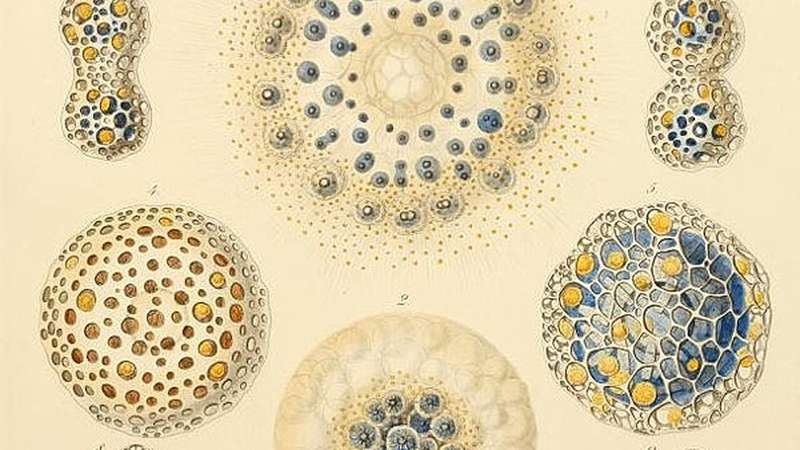
December 24, 2024 by Santa Fe Institute
Collected at: https://phys.org/news/2024-12-earth-alien-worlds-exploring-fundamental.html
Extraterrestrial and artificial life have long captivated the human mind. Knowing only the building blocks of our own biosphere, can we predict how life may exist on other planets? What factors will rein in the Frankensteinian life forms we hope to build in laboratories here on Earth?
An open-access paper published in Interface Focus and co-authored by several SFI researchers takes these questions out of the realm of science fiction and into scientific laws.
Reviewing case studies from thermodynamics, computation, genetics, cellular development, brain science, ecology, and evolution, the paper concludes that certain fundamental limits prevent some forms of life from ever existing.
Requirements include entropy reduction (which includes, for instance, the ability to heal and repair), closed-compartment cells as the inevitable units of life, and a system—such as brains—that integrates information and makes decisions using neuron-like units.
The authors point to historical examples where people predicted some complex feature of life that biologists later confirmed. Examples include the Schrodinger view of information molecules as “aperiodic crystals,” or mid-century simulations predicting that parasites are inevitable when complex life evolves.
That such correct predictions were possible with almost no available evidence suggests all living systems follow an underlying universal logic.
More information: Ricard Solé et al, Fundamental constraints to the logic of living systems, Interface Focus (2024). DOI: 10.1098/rsfs.2024.0010

Leave a Reply